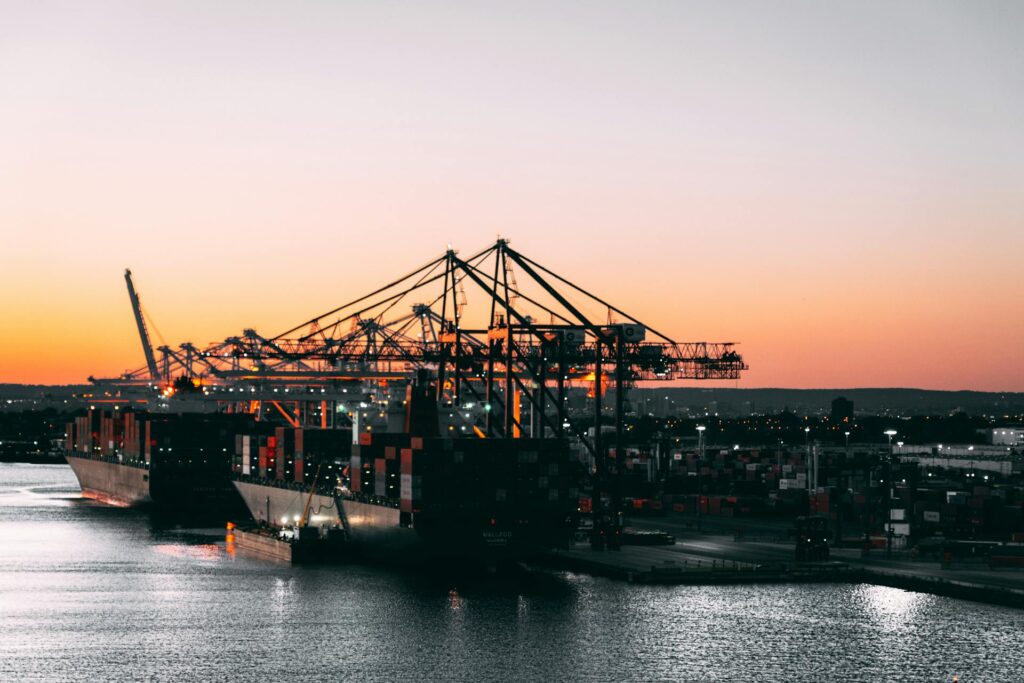
In the vast world of international shipping, various types of goods shuttle between major ports, connecting every corner of the world. However, among these numerous goods, there is a type of goods called “sensitive goods” that require special attention and handling during transportation. So, what exactly is sensitive goods? This article will unveil the veil of this topic for you.
Firstly, let’s understand the basic definition of sensitive-goods.
In international shipping, sensitive-goods usually refer to goods that fall between ordinary goods and prohibited items. These goods may require additional inspection and supervision due to various reasons, such as trade policies, national security and health standards, etc. From the perspective of customs, sensitive-goods mainly include goods that require statutory inspection (legal inspection), such as those with export supervision conditions B in the legal inspection catalog, and goods outside the catalog that require legal inspection.
So, why are these goods considered sensitive-goods?
There are many reasons. Firstly, some sensitive-goods may have adverse effects on the importing or exporting countries. Due to differences in climate and environment among countries, certain commodities may pose certain risks to importing or exporting countries in trade, such as invasive alien species, sharp decline in rare animals, impact on national taxation, and impact on local commodity markets. Therefore, these goods require special attention during transportation.
Secondly, from the perspective of the carrier company, some goods may also be considered sensitive goods. For example, products with electricity (including batteries), products with magnetism, powders, pastes and liquids, gases, cosmetics, food, drugs, etc. These goods may pose a certain threat to ships, airplanes, etc. during transportation, and therefore require special handling.
There are a wide variety of sensitive-goods, including but not limited to animals and plants and their products, food, beverages and alcoholic beverages, certain mineral and chemical products (especially dangerous goods), cosmetics, fireworks and lighters, wood and wooden products (including wooden furniture), etc. These goods need to follow specific regulations and procedures during transportation to ensure their safety and compliance.
In international shipping, the transportation of sensitive-goods requires special attention.
Firstly, it is necessary to understand the import and export policies and regulations of sensitive goods in various countries to ensure the compliance of the goods. Secondly, it is necessary to choose experienced carrier companies and professional logistics companies to ensure the safety and smoothness of the goods during transportation. In addition, it is necessary to adequately package and label the goods before transportation to ensure that they are not damaged or lost during transportation.
In short, sensitive goods play an important role in international shipping. Understanding the definition and transportation requirements of sensitive goods is of great significance for ensuring the safety and smoothness of goods during transportation. I hope this article can provide you with some useful knowledge and reference for transporting sensitive goods in international sea freight.





